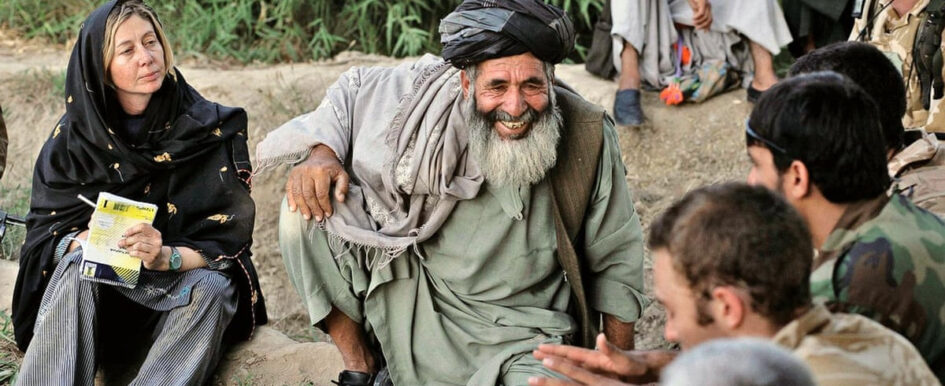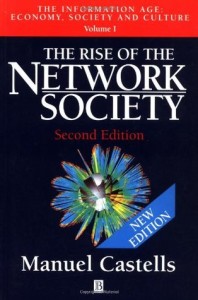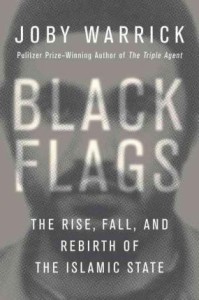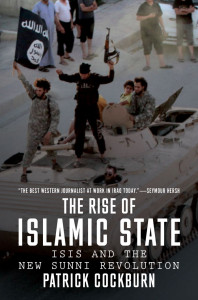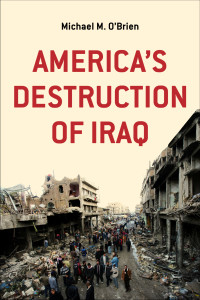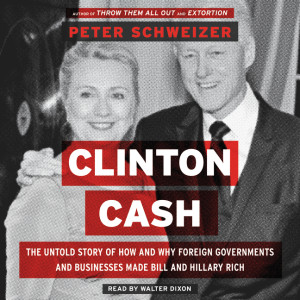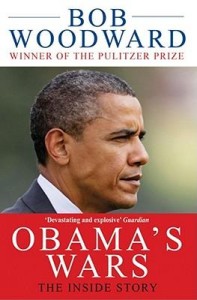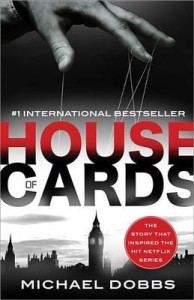From one of the world’s most admired war correspondents, Christina Lamb, comes a searing indictment of the West’s involvement in wars against fundamentalist Islam, Farewell Kabul: From Afghanistan to a More Dangerous World.
The pointless loss of American, British and Australian lives, has achieved nothing; despite the efforts to eliminate the Taliban from the country, their presence has continued to grow. Insurgent attacks have also increased, and the region still struggles against poverty, an unstable infrastructure and a huge number of land mines. Initially billed as the West’s success story by both Bush and Blair, Afghanistan remains a lawless, violent land. The promises made to its people in 2001 have not been fulfilled.
Foreign correspondent for one of the world’s leading newspapers, The Sunday Times, educated at Oxford, a Fellow at Harvard University, a member of the National Geographic Society, former British Foreign Correspondent of the year and a multi award winner, Lamb has been reporting on the region of “pomegranates and war” since the age of 21, when she crossed the Hindu Kush into Afghanistan with mujaheddin fighting the Russians and fell unequivocally in love with this fierce country, a relationship which has dominated her adult life.
Lamb has fought with the mujahadeen dressed as an Afghan boy, experienced a near-fatal ambush and head-on encounter with Taliban forces and successfully established links with American, British, Afghan government, Taliban and tribal fighters. Her unparalleled access to troops and civilians on the ground, as well as to top military officials has ensured that Farewell Kabul is the definitive book on the region, exposing the realities of Afghanistan unlike anyone before, compelling, moving and impossible to put down.
This book asks just how the might of NATO, with 48 countries and 140,000 troops on the ground, failed to defeat a group of religious students and farmers? How did it go so wrong?
Since 2001, Lamb has watched with incredulity as the West fought a war with its hands tied, committed too little too late, failed to understand local dynamics and turned a blind eye as their Taliban enemy was helped by their ally Pakistan. Farewell Kabul tells how success was turned into defeat in the longest war fought by the United States in its history and by Britain since the Hundred Years War. It has been a fiasco which has left Afghanistan still one of the poorest nations on earth, the Taliban undefeated, and nuclear armed Pakistan perhaps the most dangerous place on earth.
With unparalleled access to all key decision-makers in Afghanistan, Pakistan, London and Washington, from heads of state and generals as well as soldiers on the ground, Farewell Kabul tells how this happened.
In Afghanistan, Lamb has travelled far beyond Helmand – from the caves of Tora Bora in the south to the mountainous bad lands of Kunar in the east; from Herat, city of poets and minarets in the west, to the very poorest province of Samangan in the north. She went to Guantánamo, met Taliban in Quetta, visited jihadi camps in Pakistan and saw bin Laden’s house just after he was killed. Saddest of all, she met women who had been made role models by the West and had then been shot, raped or forced to flee the country.
This deeply personal book not only shows the human cost of political failure but explains how short-sighted encouragement of jihadis to fight the Russians, followed by prosecution of ill-thoughtout wars, has resulted in the spread of terrorism throughout the Islamic world.
A review in the prestigious English newspaper The Independent quoted former British Prime Minister Harold Macmillan: “Rule number one in politics is never invade Afghanistan.” But in the tumultuous days after 9/11, his witticism was ignored. Less than a month after the Twin Towers fell, the United States and its allies launched an all-out war against Afghanistan’s rulers.
The Independent describes Farewell Kabul as “a spellbinding synthesis of analysis and highly personal reportage. Although focusing mainly on the story post 9/11, Lamb’s grasp of the back story enables her to weave illuminating historical context into the narrative.
“Anyone visiting Kabul in recent years…quickly becomes aware of the huge disconnect between the international community and its aspirations for Afghanistan, and the Afghan people themselves. Lamb’s favourite instances of the resultant absurdities include $3m spent on patrol boats for a country with no coastline.”
The boats cost $US375,000 each, with millions spent before anyone realised that Afghanistan does not have a coastline.
Lamb also tells the tale of a meeting of Afghan elders, addressed by a woman from the British development agency Dfid, who began by saying ‘we respect your culture, and then started lecturing them on gender rights. The elders, whose own women were kept in purdah, ‘did not know where to look,’ says Lamb. She goes on to analyse how British ignorance of tribal politics and mission creep in Helmand effectively created an insurgency where none had been. Similarly, mounting civilian casualties caused by US air strikes alienated Afghan opinion.”
The Guardian reminded its readers: “This was the longest war in British living memory, and the longest in American history, one that has seen hundreds of soldiers come home in body bags, tens of thousands of civilians dead, and to what end? This is a journey through more than a decade of hell and futility, written vividly, with emotion but mercifully shorn of polemic. The author gets to know a number of the main characters well. One of her first sources was Hamid Karzai, well before the Americans identified him as the man they could do business with. Over the years, Karzai becomes a prisoner in his own fortified compound, increasingly furious with the erstwhile “liberators” and mired in corruption. The author has much sympathy for the squaddies and their commanders, who are charged with an impossible mission. She describes in vivid detail going on foot patrol in Helmand. The British commander concedes that they have no interpreter, adding: “We don’t know if people are friend or foe until they fire.”
The war becomes an industry. The number of arrivals and departures at the airfield at Camp Bastion, from jumbo jets to unmanned Reaper drones, turns it into the fifth busiest UK-operated airstrip. The Americans spend more on Afghanistan than they did on the Marshall plan to rebuild Europe after the second world war. Warlords who would relish torturing their opponents are given palaces, reinforced cars, trips to Dubai for R&R and to Germany to get their teeth fixed.
The hapless number crunchers back home dispense with any of the checks they would normally make. At one point, the British sent grey-suited customs officers to Kabul airport; incoming passengers, groaning under the purchases they had made abroad, would simply walk around them. In the post-“victory” period of the early 00s, Kabul became a pocket party town for westerners and a clique of Westernised Afghans. Those living in the “Kabubble” enjoyed a raucous social life fuelled by illicit alcohol, cheap hash and the adrenaline of fear. Among the many expat ventures were a sea-green-and-chrome “lounge bar” serving margaritas and club steaks, a Deutsche Hof Bierhaus offering pork chops and sauerkraut and a French restaurant replete with swimming pool, which the foreigners dubbed Latmo.
The author scarcely disguises her contempt for the political masters back home. Of the many absurd utterances, the hubris of Labour’s defence secretary John Reid is hard to beat: “We would be perfectly happy to leave in three years, and without firing a single shot.” At every step of the way, the strategy changed and the strategy failed. The initial invasion was a rapid success (just as Iraq was). By 2003, the attention of George W Bush and Tony Blair was focused on the newly invented ogre, Saddam Hussein. Afghanistan became an afterthought. “Nation-building”, such as there was, stopped. The warlords and the Taliban regrouped. Repeated attempts, dating back to 1999, to snatch Bin Laden failed.
The initial casus belli – rooting out terrorism – got nowhere. That was followed by the need to destroy the opium crop. That morphed into cementing democracy and the rule of law, finally the vague and desperate aspiration to improve infrastructure and “quality of life”. The hubris was accompanied by self-delusion that Pakistan was part of the solution, rather than the problem, its security service, the ISI, being one of the chief sponsors of al-Qaida and disrupter of attempts to bring a modicum of stability to Afghanistan.
In the introduction to this most captivating of war journals, Lamb poses the following rhetorical question: “How on earth had the might of Nato, 48 countries with satellites in the skies, 140,000 troops dropping missiles the price of a Porsche, not managed to defeat a group of ragtag religious students led by a one-eyed mullah his own colleagues described as ‘dumb in the mouth’?”
On one of her last trips to Afghanistan, journalist Christina Lamb visited the ‘Jihad Museum’ in Herat, a grisly exhibition of captured Russian equipment set up by a former warlord-turned-entrepreneur.
The initial plan was relatively small-scale, the CIA and US special forces bribing local militias to help them hunt down bin Laden in the Tora Bora mountains, but by the beginning of 2002 they were paying off more than 45,000 warlords for information. Either unaware or unconcerned that most of the targets they were given had little to do with terrorism and much to do with the settling of old tribal scores, the US also managed to lose sight of the Taliban, which busily regrouped on the other side of the Pakistan border. As more western troops were drawn in, the problem became one of competing strategies; while the Americans established one force to search for bin Laden under the banner of ‘Operation Enduring Freedom’, the International Stabilisation Assistance Force (ISAF) tried to control a vast and inhospitable landscape with insufficient troops and a dangerously amorphous mission brief.
Britain’s disastrous strategy in Helmand is the perfect synecdoche, the Army initially attempting to cover a 20,000 square-mile area with 3,000 troops, of whom only 800 were front-line combat soldiers. Platoons were tethered to isolated blockhouses only to bear the brunt of furious Taliban assaults, and every patrol became a desperate struggle for survival. One officer confesses his horror at the extraordinary levels of violence he has used just to keep his troops alive. Hundreds of civilians were killed in the process, and dozens of young men were pushed into the arms of the insurgents. Lamb personally experiences what it is like to be ambushed after embedding with one British platoon, and her account of the disorientating battle (in which, incredibly, no troops were wounded) is a masterpiece of war reporting.
The Scotland Herald lauded Farewell Kabul: “Lamb’s carefully and almost obliquely presented thesis becomes irrefutable, that the real failure here was political as much as military, and involved Pakistan as much as the USA. Deeply involved in Afghanistan since the Soviet occupation, Pakistan was transparently the source of the Taliban’s funding. Paranoid about Indian involvement in Kashmir, keen to inculcate a global Islamic consciousness, and terrified that the USA would force Pakistan to give up its nuclear weapons, their unaccountable Inter-Services Intelligence agency (ISI) trained radical Islamist groups in Pakistani madrassas and sent them over the border to fight western troops. At the diplomatic level, President Musharraf was happy to take billions in aid while tacitly encouraging a virulent anti-Americanism in his people, and western troops found themselves in the extraordinary position of fighting an enemy that was part-funded by their own governments. Despite this, Britain and the USA were compelled to turn a blind eye because the alternative seemed even worse; a nuclear-armed Pakistan without the relatively stabilising force of the army in charge. When bin Laden was finally found, just over the border, Lamb notes that he was in a house built on army-owned land, only a few hundred yards from Pakistan’s main military academy.”

